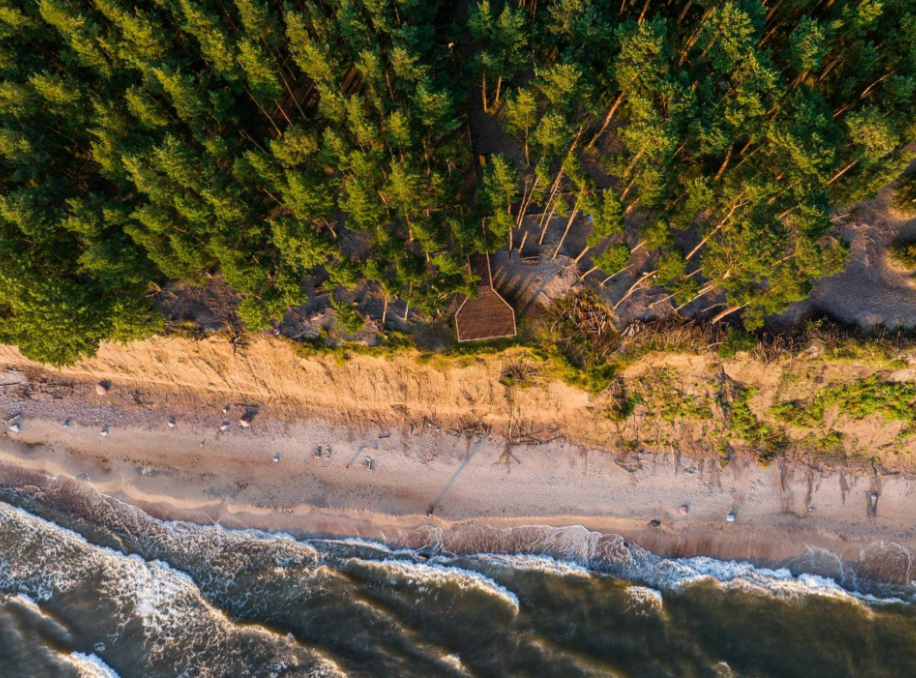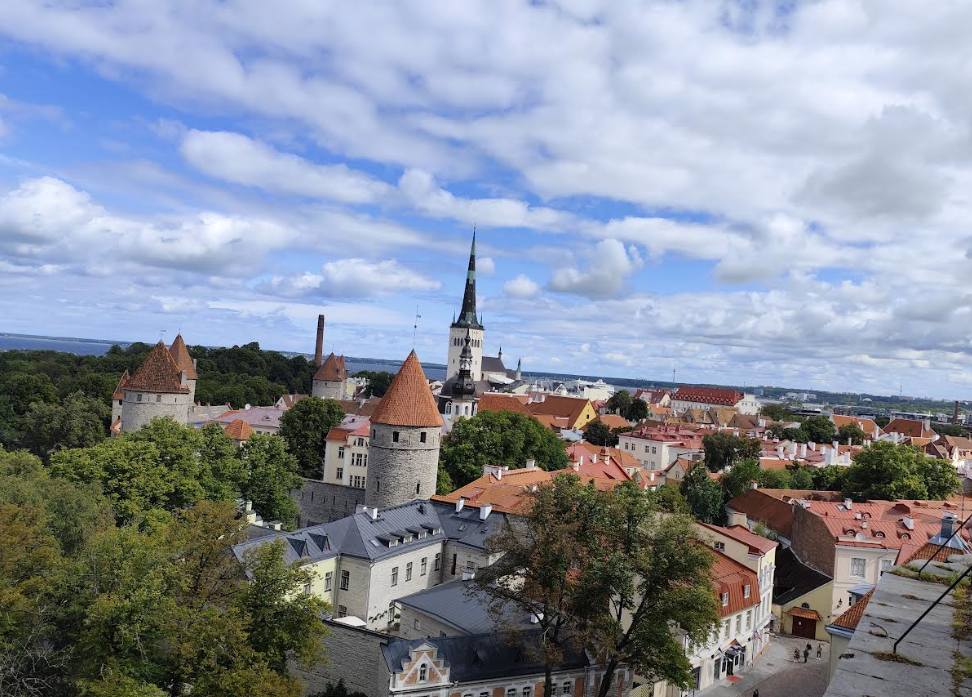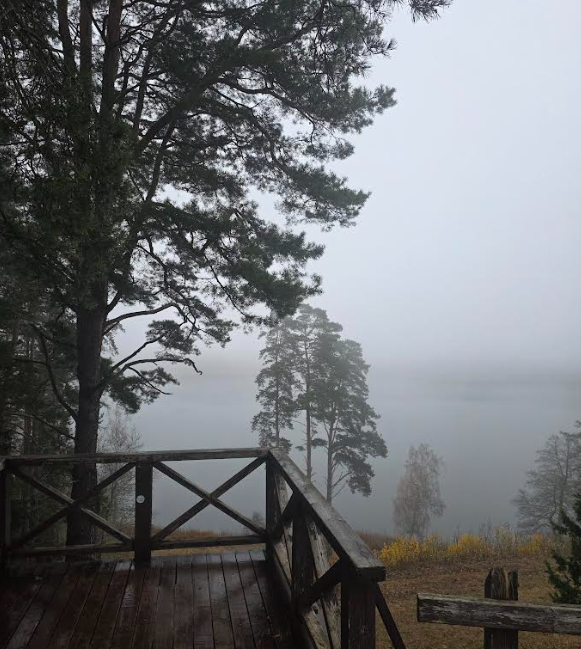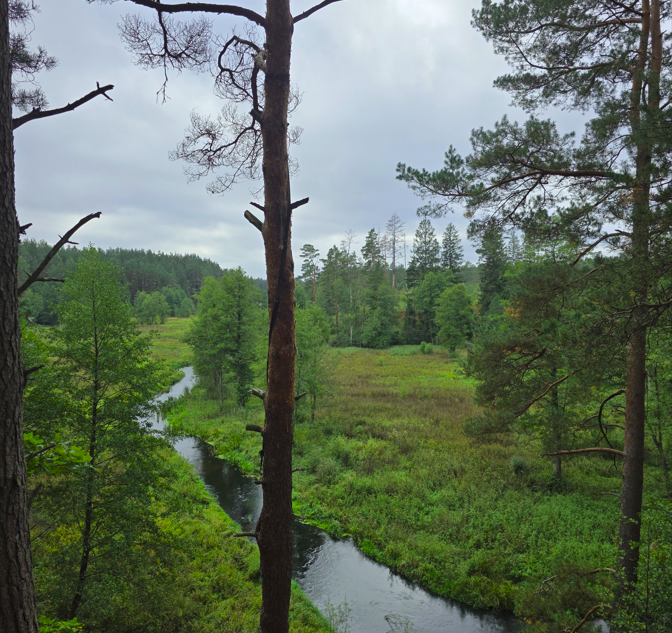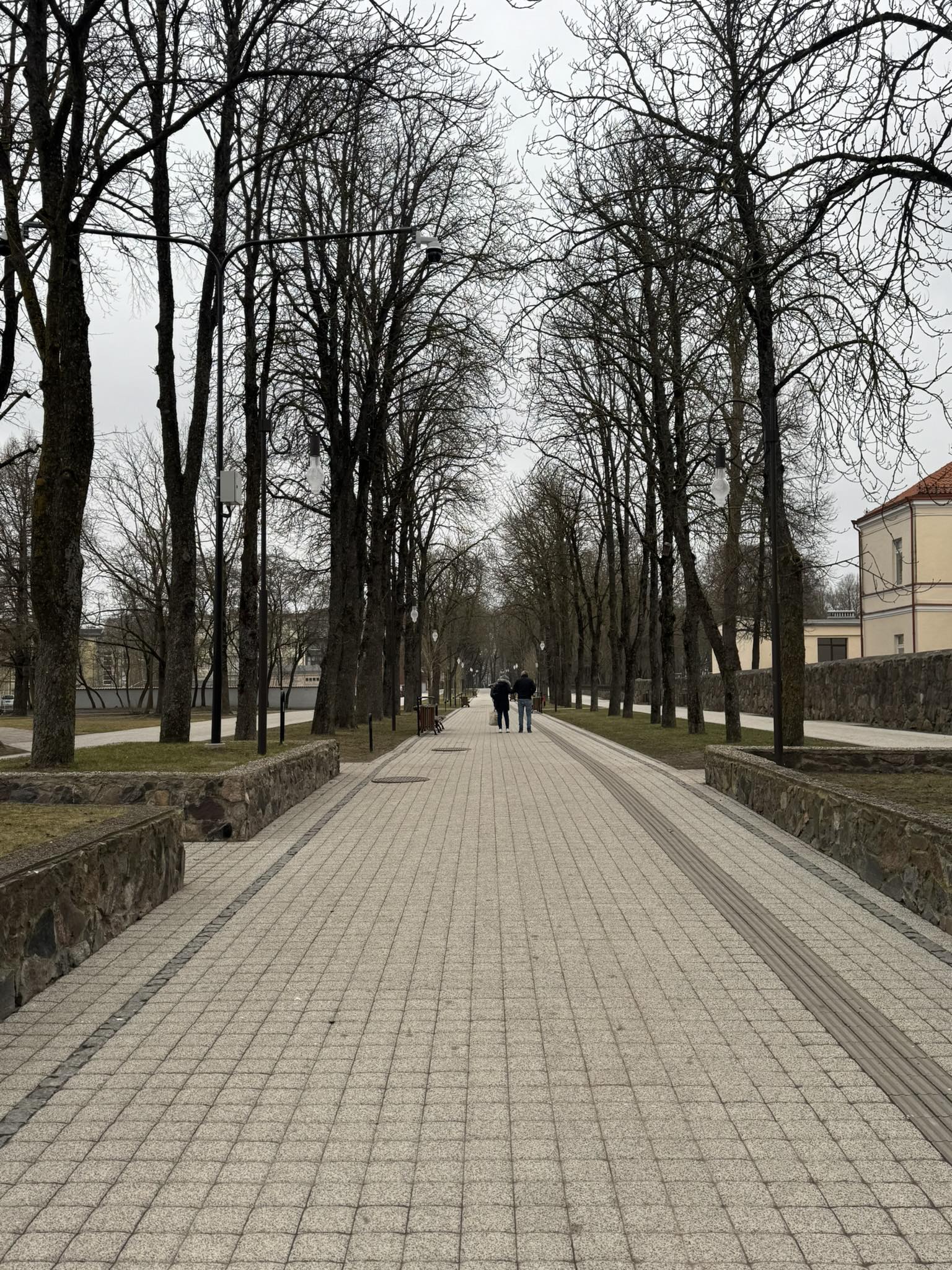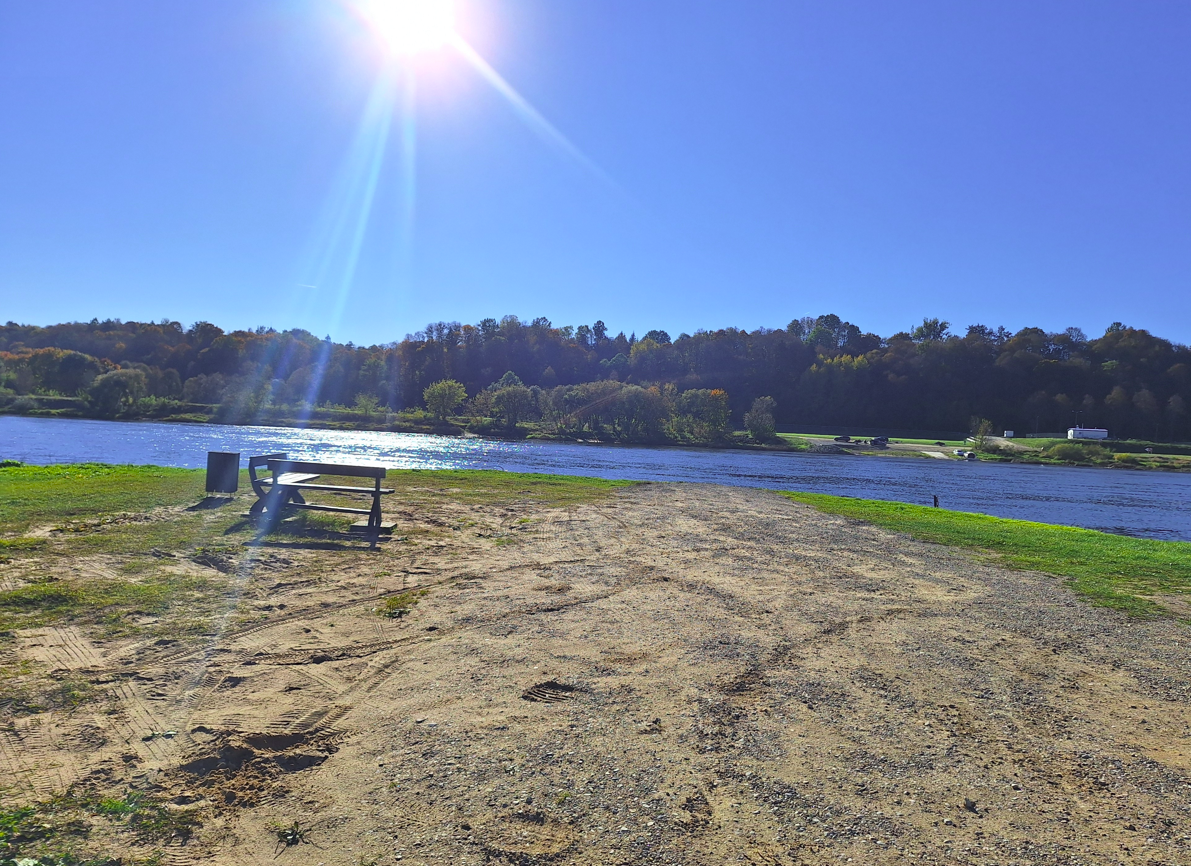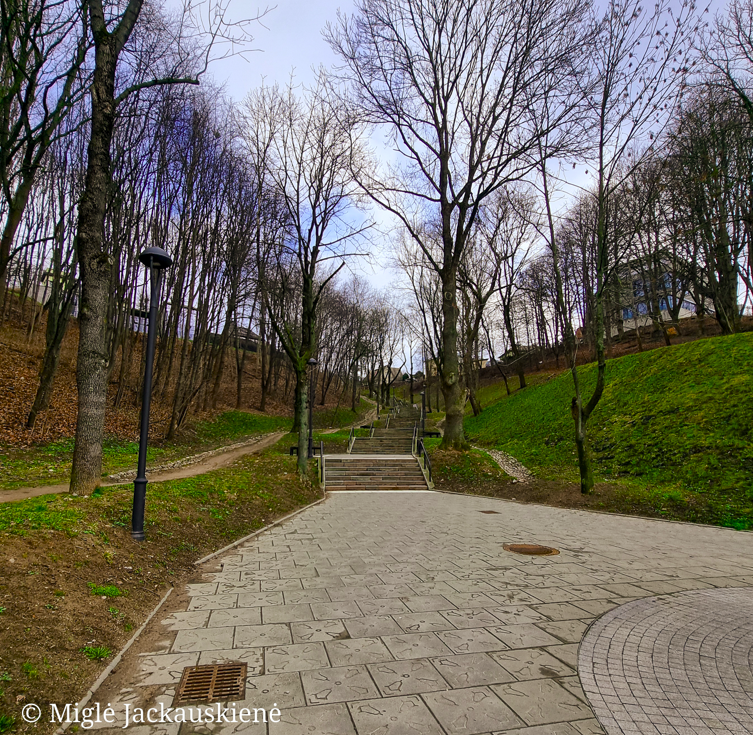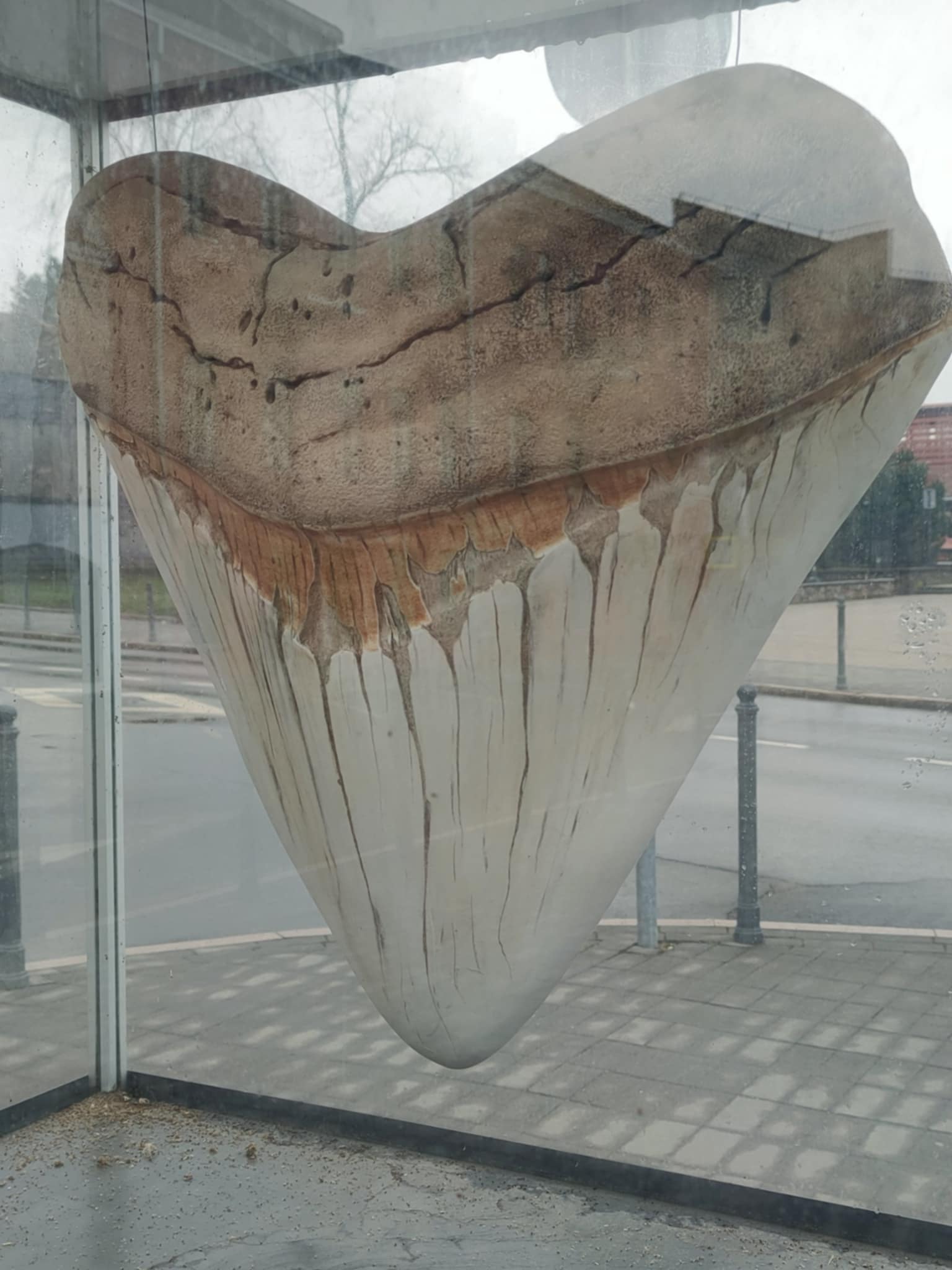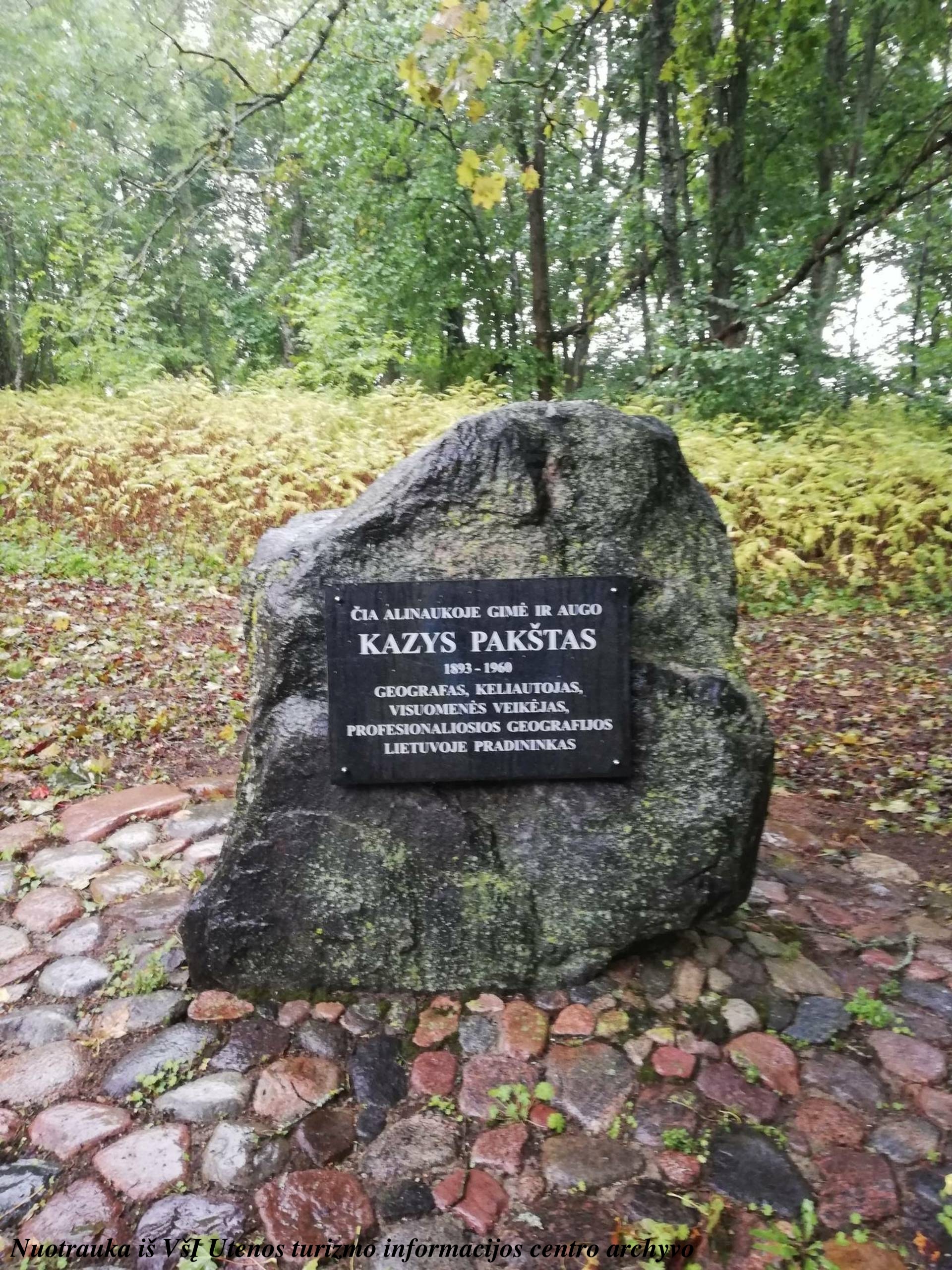Professor Kazys Pakštas, a prominent Lithuanian geographer, traveler, and public figure, was born in 1893 in Alinauka, in the Užpaliai region. From 1912 to 1913, he studied at the Kaunas Clergy Seminary but later moved to the United States, where he studied sociology at Valparaiso, Loyola, and Fordham universities from 1915 to 1918. From 1919 to 1923, he studied economics and geography at the University of Fribourg in Switzerland, where he earned his doctorate in 1923 for his dissertation on Lithuania's climate. In 1929, he became a professor and taught geography in Lithuania, Latvia, and the United States. While traveling for academic purposes, K. Pakštas visited Brazil, Africa, Palestine, the USSR, and many European countries. He was known for his innovative ideas, such as linking Lithuania with the sea and proposing a plan for the creation of a "backup Lithuania." The professor also suggested preparing for a possible occupation by relocating gold reserves, art pieces,
and library valuables abroad. An active public figure, he founded the Geographers’ Society, participated in Christian Democratic activities, and worked with newspapers and magazines. In 1941, he established the Lithuanian Cultural Institute in Chicago. Kazys Pakštas was awarded the Andree Medal by the Swedish Society of Geography and Anthropology (1934), the title of Commander of the Order of the Three Stars from Latvia (1938), and the title of Knight of the Order of Vasa from Sweden (1939). He passed away in 1960 in Chicago and was buried in St. Casimir's Cemetery. In 1997, the Kazys Pakštas Medal was established and awarded to the Lithuanian Geographers' Society. His memory is honored on Alinaukos Street, which was named after the professor. A roofed post was erected on the sidewalk of this street, and a memorial stone and an information stand were placed at his birthplace. The former homestead site has been included in the Register of Cultural Heritage.





 Entertainment
Entertainment
 Food establishments
Food establishments





























 55.607518, 25.659209
55.607518, 25.659209
 Get directions
Get directions